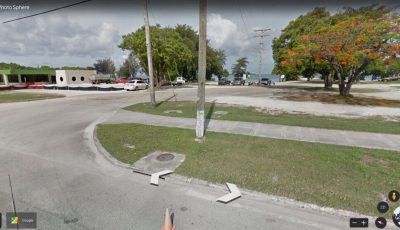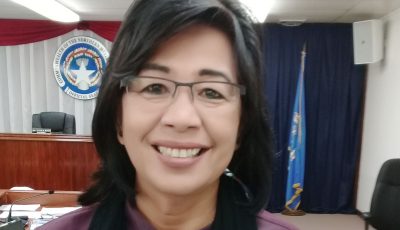New law outlines payment plan for private landowners
Acting governor Arnold I. Palacios signed last Friday House Bill 19-158 that would compensate private landowners whose properties were taken for public purposes. Former representatives Anthony T. Benavente (Ind-Saipan) authored HB 19-158, which is now Public Law 19-81; it includes settling court judgments.
The CNMI government would allocate a minimum of $5 million starting next fiscal year. The $5 million set aside is intended to make partial payments to all claimants.
The Department of Public Lands would tender an offer to pay each landowner that has an outstanding land compensation claim. The amount is prorated in relation to the land compensation owed each claimant.
DPL will be tasked to develop its own formula to pay land compensation claimants. Land claimants with $50,000 or less in land compensation payments will be paid in full.
Also, claimants who accepted the offer in accordance shall agree to cease the accumulation of interests on any remaining balance of their land compensation claims.
Palacios, however, advised the Legislature to amend some key provisions of PL 19-91 to make it more workable. “The payment of land compensation should be assigned to the [CNMI] Department of Finance, under the expenditure authority and control of the Secretary of Finance.”
“The [DoF] has the necessary resources to administer the program as it is presently in charge of processing the payment of judgments and settlements (including land compensation cases) under PL 19-68.”
He said placing the funding program under DPL would require separate appropriation of funds to pay the cost of administering the program. “The designation of DoF would be more cost efficient. …DoF is the proper department to administer payments of land compensation claims.”
Palacios also advised the Legislature to clarify important provisions of PL 19-81, including the amount that will be offered to the land claimants and other judgments. “Moreover, [PL 19-81] creates a question as to what happens to individuals that do not want to opt into the land compensation program.”
“The Legislature cannot ignore the obligations to all land compensation claimants by paying only those that agree to accept less that what a court has found they are owed,” said Palacios, who urged the Legislature to address the concerns he raised.
“Address these concerns through future legislation in order to make sure the government efficiently establish a settlement plan for land compensation claims in order to help reduce the financial burden on the CNMI taxpayers.”



























